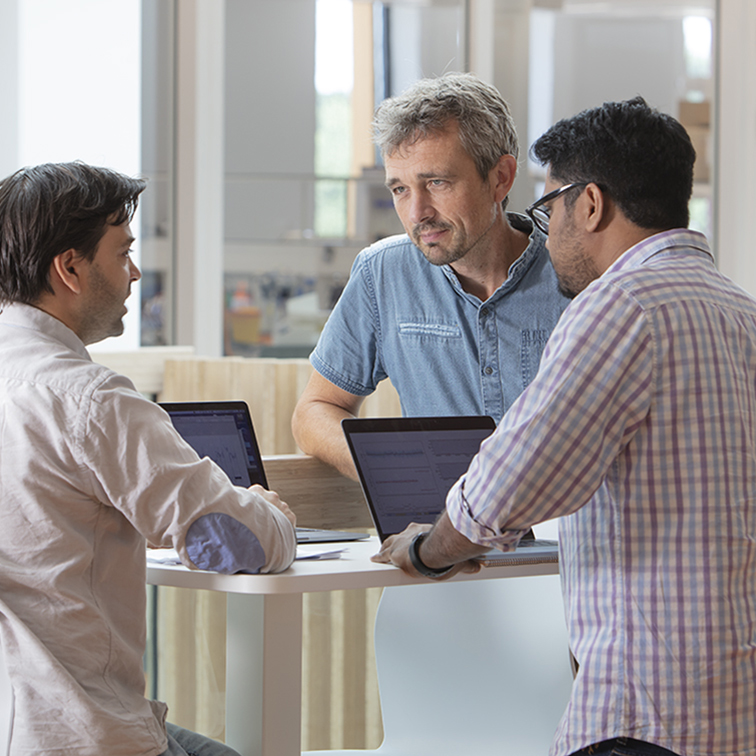Yearly, circa 120 children in the Netherlands receive the diagnosis acute lymphoblastic leukemia (ALL). The survival rate has strongly increased in the last decennia. However, there are still children who do not survive, especially when the disease comes back despite intensive treatment. Scientists at the Princess Máxima Center discovered a remarkable phenomenon that may be involved. They saw that in some cases DNA damage piled up in recurring leukemic cells in a high pace, also known as hypermutation. Several causes seem to be at play.

'Childhood leukemia is characterized by a low amount of abberrations in the DNA. What we discovered now, is the exact contrary. This phenomenon may possibly offer new potentials for treatment. That is what we will be researching in this project', says Kuiper.
With funding from KWF, Kuiper and his colleague Frank van Leeuwen, Ph.D., and their team will unravel the mechanisms involved in hypermutation. How often does hypermutation occur in children with leukemia, and what exactly goes wrong in these cells? Is hypermutation caused by earlier treatment, and what are the chances to be cured?
A lot of potential
The director of the Dutch Cancer Society, Fred Falkenburg, has high expectations regarding the new research projects. 'KWF wants better treatment for all forms of cancer. The selected research projects have the potential to improve survival rates for both tumors that occur very often and the rare forms of cancer. Our donors make these projects possible.'

